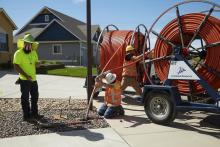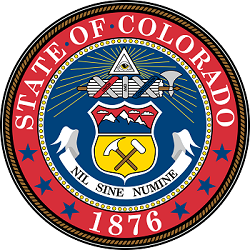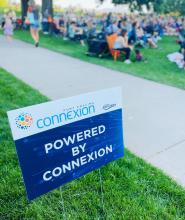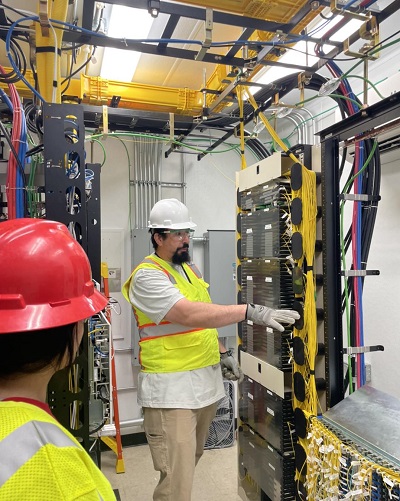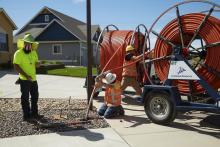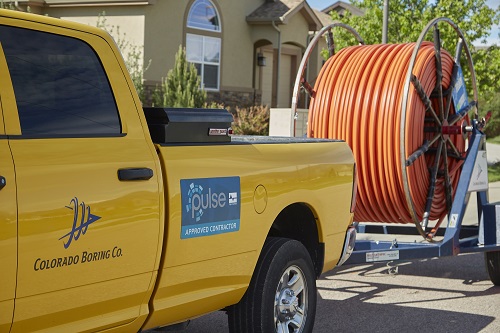Beyond the Pivot: Fort Collins Connexion's Latest Milestones - Episode 616 of the Community Broadband Bits Podcast

In this episode of the podcast, Chris sits down once again with Chad Crager, Executive Director of Fort Collins Connexion, to discuss the city's progress in developing a sustainable municipal broadband network. Chad shares exciting updates, including reaching 21,000 subscribers and serving 80,000 premises, while highlighting the city's innovative approach to broadband, such as leveraging underground power infrastructure and implementing dig-once policies.
Chad also emphasizes Fort Collins' commitment to digital equity, explaining efforts to serve mobile home parks, the challenges of wiring such communities, and the introduction of Spanish-speaking staff to reach underserved populations. The discussion touches on the city's long-term sustainability plans, business model, and collaboration with local government, ensuring that Fort Collins Connexion remains financially resilient while fostering digital inclusion for all residents.
Tune in for an insightful look at how Fort Collins is balancing competition with incumbents, expanding broadband access, and setting an example for other cities looking to invest in community broadband.
This show is 30 minutes long and can be played on this page or via Apple Podcasts or the tool of your choice using this feed.
Transcript below.
We want your feedback and suggestions for the show-please e-mail us or leave a comment below.
Listen to other episodes or view all episodes in our index. See other podcasts from the Institute for Local Self-Reliance.
Thanks to Arne Huseby for the music. The song is Warm Duck Shuffle and is licensed under a Creative Commons Attribution (3.0) license





